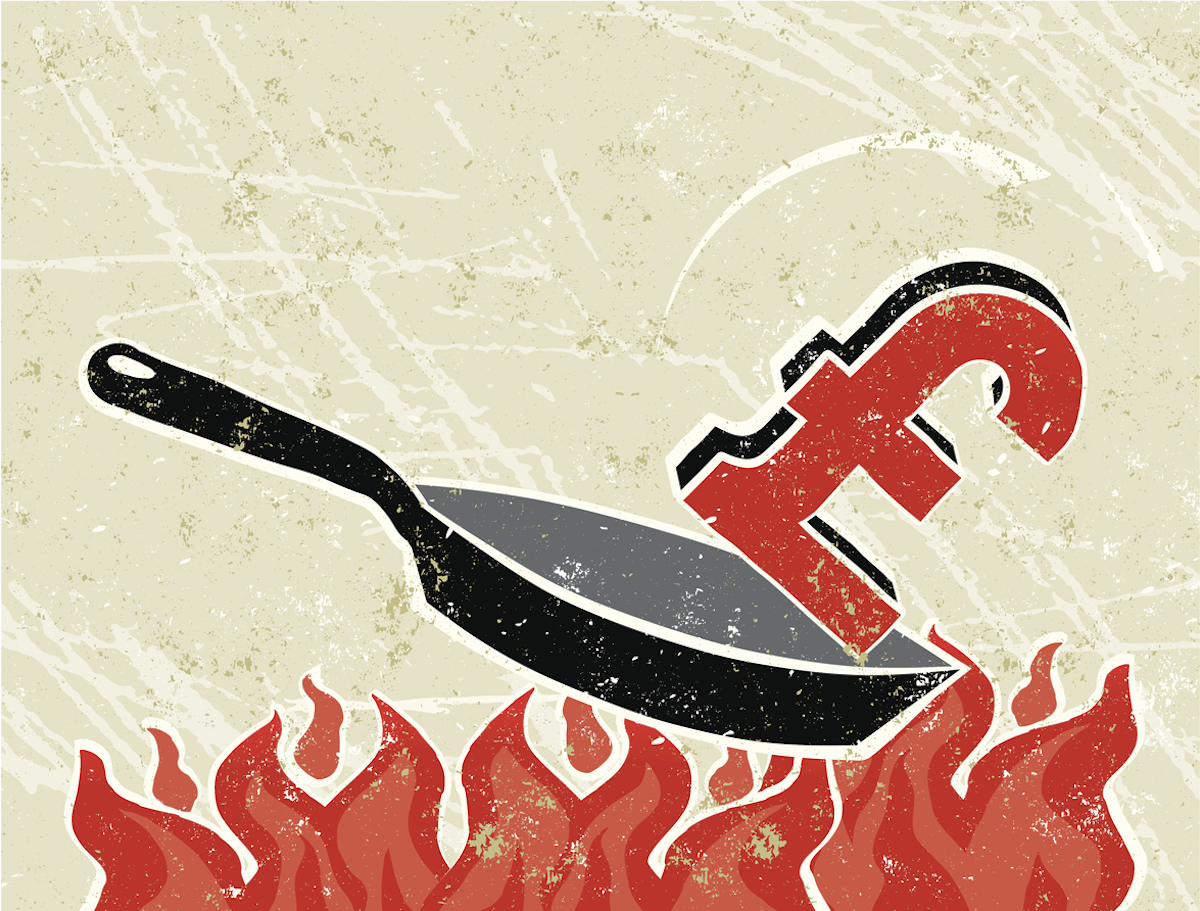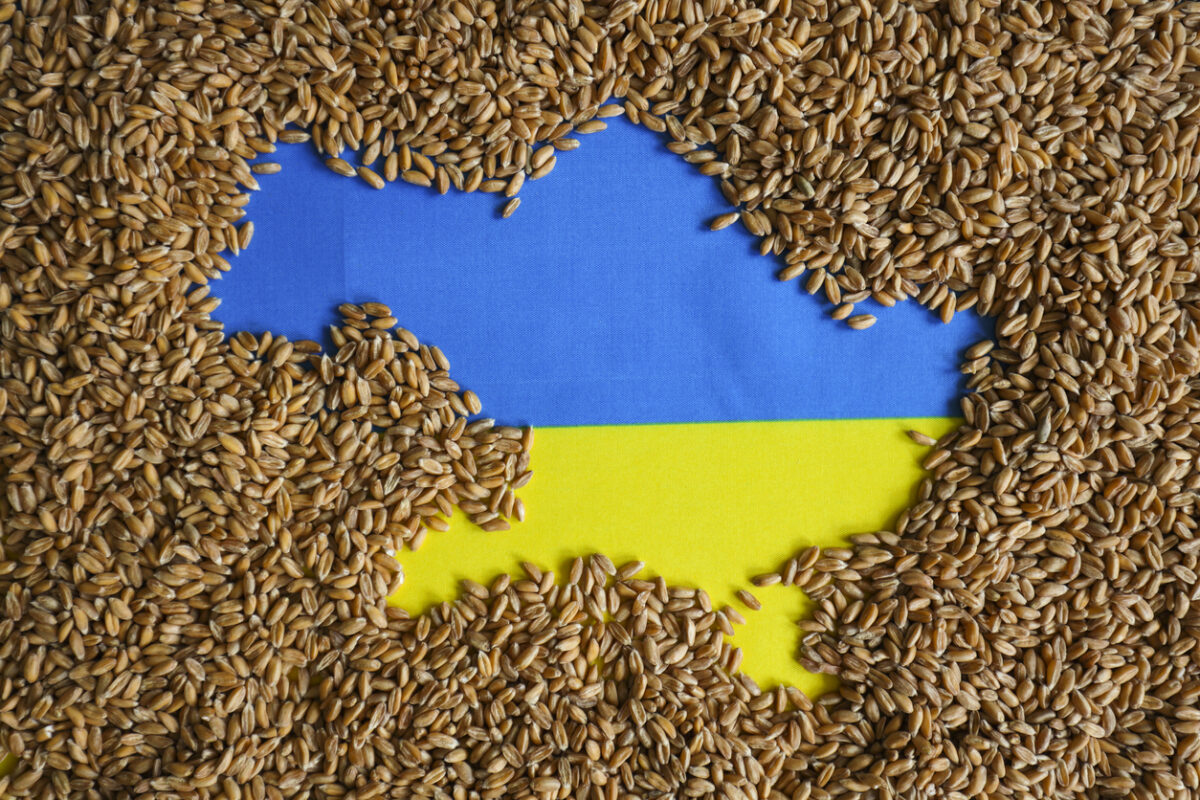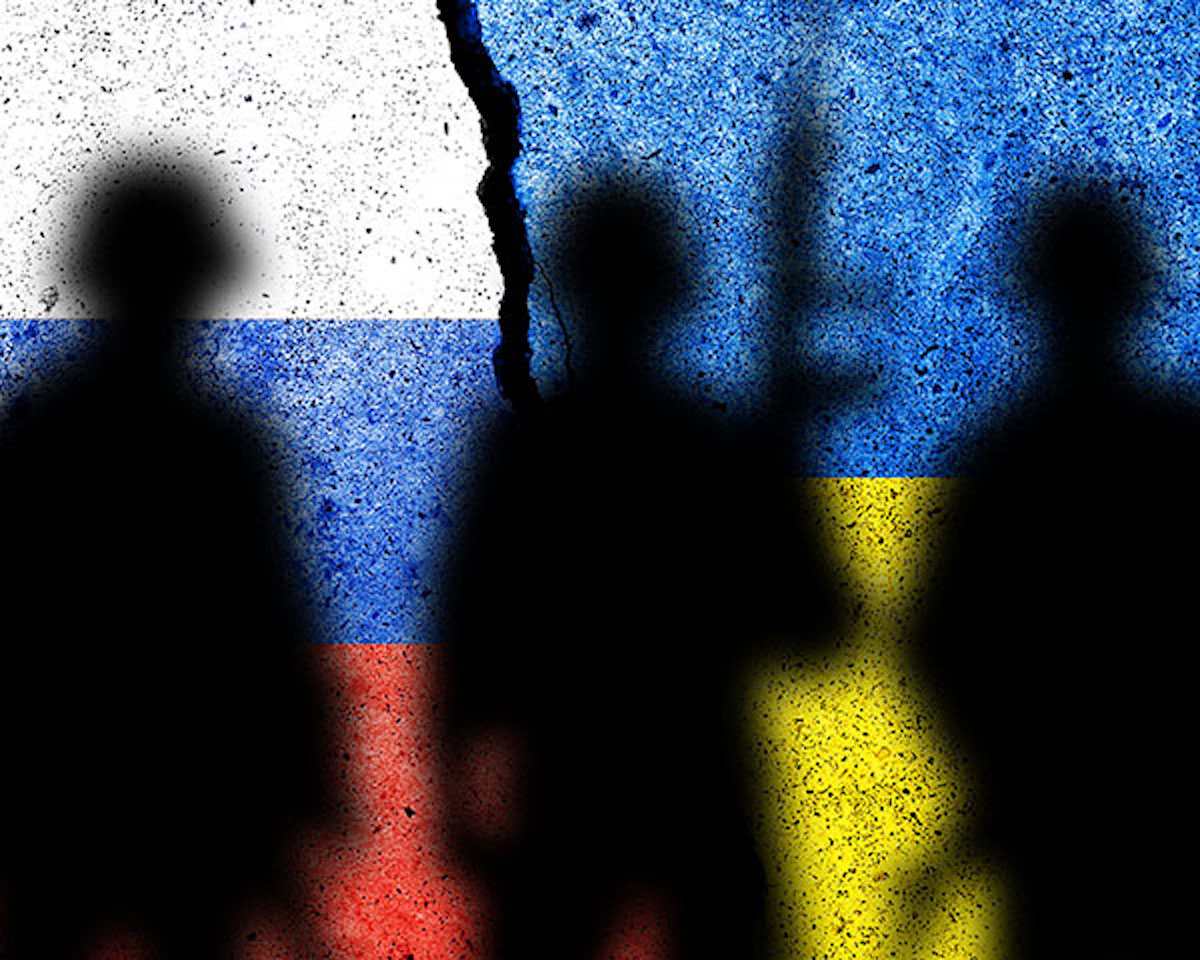European consumers forgo meat and fish to cope with food price hikes, data shows

Food shortages and price hikes prompted by the Ukraine-Russia conflict are pushing European customers away from former dietary staples like meat and dairy, according to new data.
The Changes in food behaviour in times of crisis study was led by Aarhus University, in Denmark, with funding from EIT Food and support from the University of Helsinki and KU Leuven in Belgium.
It is a follow-up study to research collected in 2020 during the height of COVID-19 lockdown measures. Researchers surveyed 5,000 people across 10 European countries.
Data shared by Aarhus University revealed that the majority of Europeans (55%) believe Russia’s invasion of Ukraine has made the food system within the bloc more vulnerable, and almost the same amount (54%) believe it is to blame for recent high food prices.
Consumers reported having seen the sharpest uptick in prices for animal-derived products, with 55% saying they have seen significant price increases in red meat, 52% in fish, and 51% in dairy.
Nearly four in 10 consumers (37%) reported that they were buying less red meat in a bid to keep food bills lower, while a third (33%) were buying less fish and poultry for the same reason.
Consumers’ relationships to other categories have also been impacted. Some 33% of respondents said they were forgoing their usual dairy brands in favour of cheaper alternatives, and one in 10 have cut out convenience foods entirely to save money.
As a result of spiking food prices, many shoppers are now engaging in more ‘mindful’ shopping habits, according to the Aarhus report.
More than half (52%) of people surveyed said they were checking prices more now than they did before the pandemic, whilst Four in 10 stated they were making fewer unplanned purchases than before.
What’s more, 53% of Europeans said they were ‘strongly worried’ about the prospect of food shortages caused by the war. This has been a hot topic since conflict broke out in February, since both Ukraine and Russia are large producers and exporters of important products like sunflower oil, wheat and fertiliser.
Dr Andy Zynga, CEO of EIT Food, said: “The ongoing Russian war against Ukraine has brought into sharp focus just how fragile our food system can be.
“We urgently need to scale and support innovation to address supply chain issues and ensure that we are producing enough affordable, nutritious food for all; however, we must do so sustainably, fairly and efficiently. In order to meet and prevent future challenges, we have to build a system that puts resilient, future-proof and affordable solutions at its heart.”
Klaus G. Grunert, Professor of Marketing at Aarhus University and Founder and Director of the MAPP Research Centre, added: “It is also important that policymakers continue to uplift the significant progress made by consumers to make more mindful, healthy and sustainable food choices as we continue to address the growing obesity and sustainability challenges of our time.”
Explore why the Russia-Ukraine war has such far reaching consequences for the food industry with this episode of the Food Matters Live Podcast:








